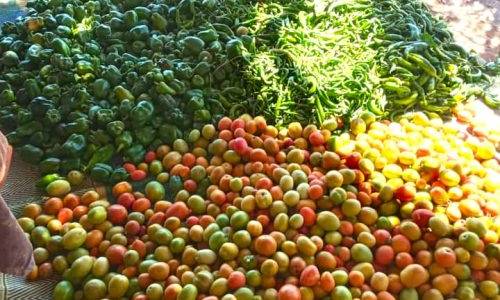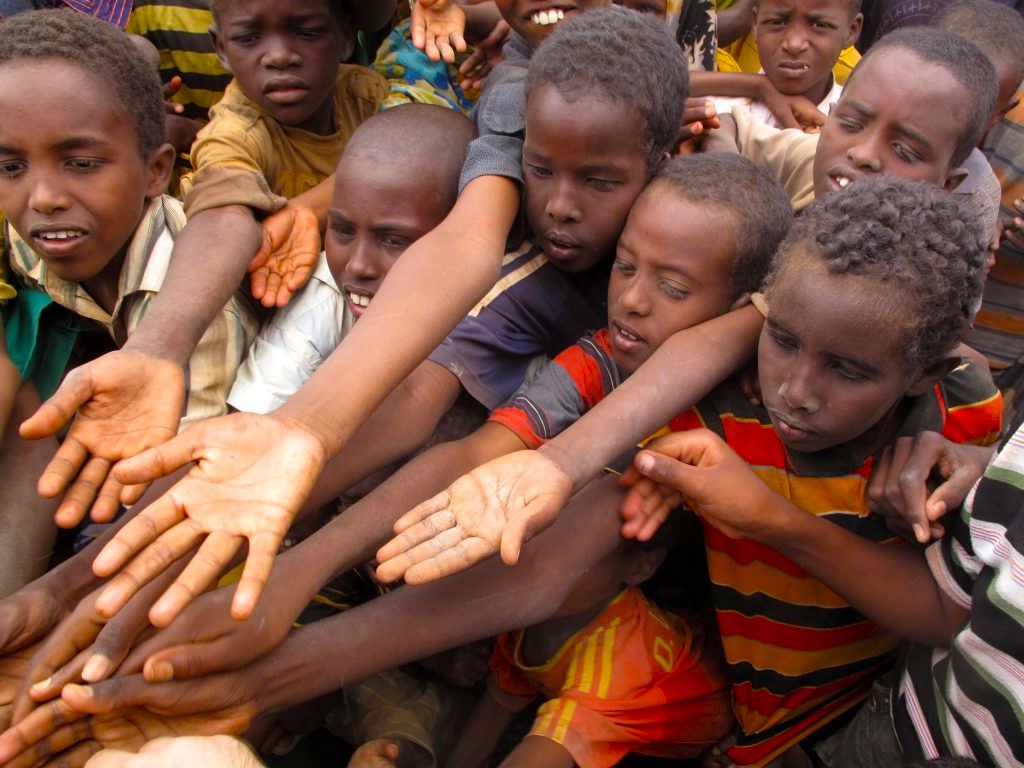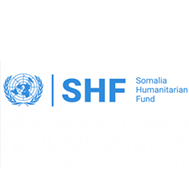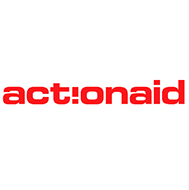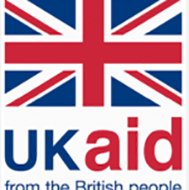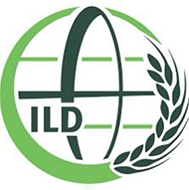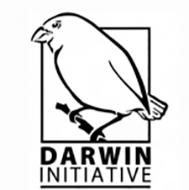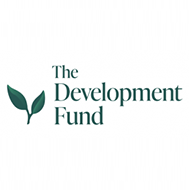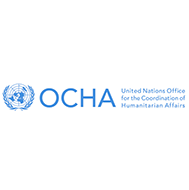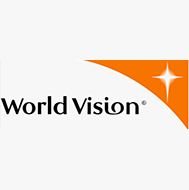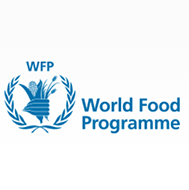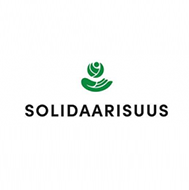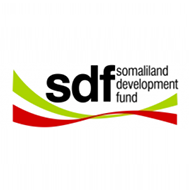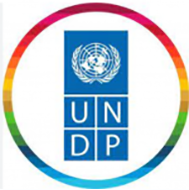The Agricultural Development Organization (ADO) is dedicated to addressing the critical issues of water, sanitation, and hygiene (WASH) in communities. WASH (Water, Sanitation and Health) program is aimed at improving public health through sanitation and conservation of pure natural resources. These include conducting activities like village awareness programs on health and sanitation. ADO emphasized meeting the WASH cluster objectives for delivering life-saving WASH assistance to the needs of communities and ensuring access to safe services in a dignified manner to affected people. Poor sanitation, hygiene services, and droughts have caused communal diseases and health problems, particularly in women and children.
Safe drinking-water, sanitation and hygiene (WASH) are crucial to human health and well-being. Safe WASH is not only a prerequisite to health, but contributes to livelihoods, school attendance and dignity and helps to create resilient communities living in healthy environments.
The objective of WASH is to reach out and sensitize communities. The aim is envisaged to bring a better understanding to communities about the appropriate utilization of existing resources and build appropriate services where they are needed. The overall purposes of sanitation are to provide a healthy living environment for everyone, to protect the natural resources (such as surface water, groundwater, soil), and to provide safety, security and dignity for better results. A systematic engagement methodology is adopted in order to achieve the appropriate results.

 Where We Work
Where We Work